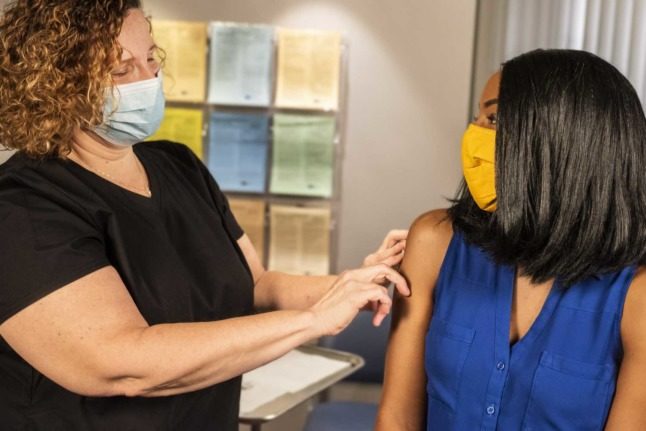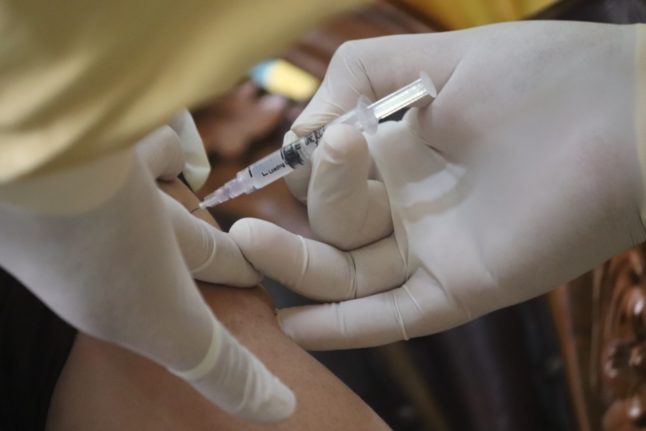Austria has approved vaccinations from ages 12 and up, although whether you will get a jab – and how long you have to wait – is likely to depend largely on which state you are in.
The European Medicine Agency (EMA) approved the Biontech/Pfizer vaccine for everyone over 12 years old in late May, with the Moderna jab approved for teenagers in July.
Austria’s Ministry of Health has advised that children should be vaccinated once the EMA approves the vaccine, with the country’s health minister Wolfgang Mückstein telling Der Standard newspaper, that if the vaccine was approved by the EMA, it meant it was “highly effective and safe”.
UPDATED: What are the rules for vaccinating children in Austria?
“I would also vaccinate my daughters with it,” he is reported to have said.
There are an estimated 340,000 people between the ages of 12 and 17 in Austria, with Austrian authorities wanting to have them fully vaccinated by the end of August.
Vaccinating children is seen as essential in getting towards herd immunity.
Where can I get my children vaccinated?
As at August, both the vaccine from Biontech/Pfizer and that of Moderna is approved for people under the age of 18 in Austria.
Vaccinations for children are available in all Austrian states, although states are at a different stage.
Vienna opened registrations for children to get vaccinated in Austria in May, while the other states kicked into gear around July.
Click the following link for specific information on how to get vaccinated in your Austrian state.
READ MORE: How to get vaccinated without an appointment in your Austrian state
What if I don’t want to vaccinate my children against coronavirus?
Vaccination is voluntary in Austria and authorities have frequently been at pains to point out that while they want as many people vaccinated as possible, it is a personal decision.
The ‘personal decision’ aspect does however become a tad more difficult or complicated when it comes to vaccinating your children.
Can young people get vaccinated without parental consent?
Austrian media has reported of several instances of parents declining to vaccinate their children, for instance due to religious beliefs or concerns about the vaccine.
It is important to note that young people can get vaccinated without parental consent, provided they are deemed to have the requisite capacity to consider the risks of getting vaccinated or not getting vaccinated before making a decision.
While vaccines have been deemed safe for people aged 12 and older, only those above 14 years of age are deemed to have the requisite capacity to decide whether to get the vaccine or not.
People aged 14 and over are deemed ‘adult minors’ and as a consequence can make their own decisions regarding all forms of medical treatment and care, including vaccinations.
This means that those aged 12 and 13 will need parental consent to get vaccinated, while those aged 14 and over can do so regardless of what their parents say.
This is a relatively hard and fast rule. In other European countries, children can only be vaccinated without parental consent when they are deemed to have the requisite capacity to make a decision, however this can be from 12 to 16, with no set age given.



 Please whitelist us to continue reading.
Please whitelist us to continue reading.
Member comments